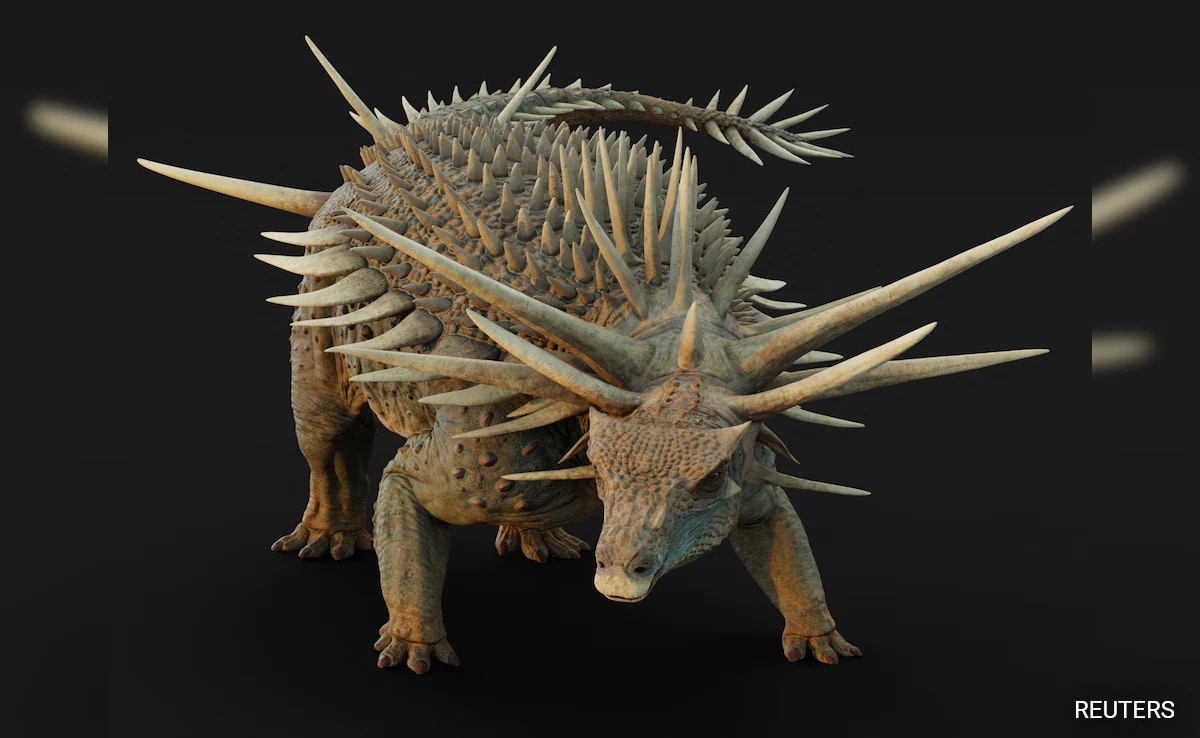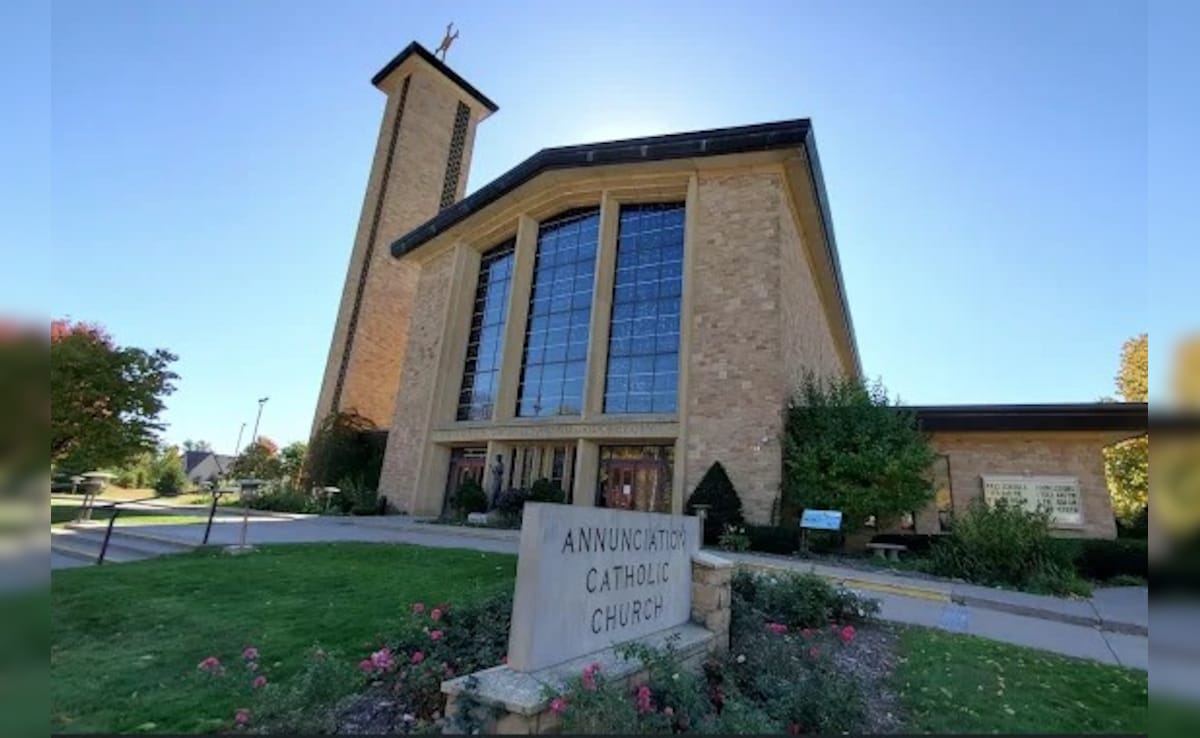Speaking about Ethiopia at a news conference on Wednesday in Nairobi, he said, âWe are deeply concerned about escalating violence, the expansion of fighting throughout the country, and what we see as a growing risk to the unity of and integrity of the state.â
Later this week, he will travel to Nigeria, where he is expected to give a speech on U.S.-Africa relations before visiting Senegal.
The war in Ethiopia â a country once considered a close strategic partner of the United States â hung like a specter over the discussions in Kenya, which borders Ethiopia to the south.
The State Department has repeatedly condemned atrocities allegedly committed by government forces and their allies, as well as their âde facto humanitarian blockadeâ of the Tigray region, where they have been fighting a powerful political party-turned-militia that seeks to depose Prime Minister Abiy Ahmed.
The war has become increasingly driven by ethnic rivalries as informal militias join the fight. The government has also imposed a broad state of emergency under which thousands of Tigrayan people have been arrested, according to rights groups.
Some State Department officials are pushing for a genocide declaration in response to accounts of ethnic cleansing in Ethiopia, but no final determination has been made, according to people familiar with the matter. Blinken said the United States is still looking into the âfactsâ and the âlawâ surrounding recent atrocities.
âRegardless of what we call it, it needs to stop,â Blinken told reporters Wednesday.
Such a declaration would be seen by the Ethiopian government as a betrayal â and a sign that Washington has given up on the governmentâs legitimacy, taking the side, instead, of rebels who want to overthrow it. Blinken emphasized his view that Abiy was âduly elected.â
On Wednesday, Abiy tweeted that Ethiopia was âengaged in a sophisticated narrative war waged against the nation with many using disinformation as a pathway for their sinister moves.â
Blinken has deployed sanctions against some Ethiopian officials, hoping it would push them to implement a cease-fire. But the Ethiopian government has dug in its heels, saying that punitive actions against it amount to implicit support for its enemy, which it considers a terrorist organization hell-bent on retaking the power it lost when Abiy became Ethiopiaâs leader nearly three years ago.
The rebels, led by the Tigray Peopleâs Liberation Front (TPLF), are currently less than 200 miles from the Ethiopian capital, Addis Ababa, and are also fighting along a key supply route linking the landlocked country to its main seaport in neighboring Djibouti. The TPLF was the dominant political party in Ethiopia for three decades and is widely resented because of perceived ethnic favoritism toward Tigrayans and its curtailing of political freedoms while in power.
In Kenya, Blinken met with President Uhuru Kenyatta, who the State Department hopes can act as a regional emissary in pushing for a cease-fire. Kenyatta traveled to Addis Ababa on Monday and was expected to return after Blinkenâs visit.
âWe must believe in the wisdom and the fortitude of the Ethiopian people, because in the end, the solutions will come from them,â said Kenyan Foreign Minister Raychelle Omamo.
The Horn of Africa region that encompasses Ethiopia, Somalia and Sudan has tumbled into a period of intense turmoil at a time when the U.S. government had hoped its support for democratization in the region was working.
In Ethiopia, euphoria stemming from Abiyâs 2019 Nobel Peace Prize for a peace deal with neighboring Eritrea was quickly dimmed by the war, which has been marked by rampant abuses by the Eritrean military fighting on Abiyâs side. On top of sanctions, Washington has withdrawn security assistance.
In Somalia, a much-anticipated election has been repeatedly delayed, and disputes over its procedures have led to violence in the streets of the capital, Mogadishu. Despite tens of billions of dollars in aid, the country remains deeply unstable, with al-Shabab, an al-Qaeda affiliate, controlling most of the countryâs rural areas and staging attacks in cities almost daily.
And in Sudan, a recent coup has dashed hopes of relying on a fragile civilian-military transitional government to move toward democratic elections. The countryâs civilian leader, Abdalla Hamdok, remains under house arrest more than three weeks after Lt. Gen. Abdel Fattah al-Burhan seized power. Hamdok and Burhan met with U.S. officials this week, but it was unclear whether any progress was made on securing his release and reinstatement, which the State Department has stated as its objective.
The United States, the European Union and the World Bank have all suspended aid to Sudan amounting to billions of dollars in direct assistance and debt relief.
In Kenya, Blinken warned that the world is experiencing a âdemocratic recession,â in which bad actors are undermining institutions and the work of journalists and human rights activists.
âEven vibrant democracies like Kenya are experiencing these pressures, especially around elecion timeâ he said, noting the spate of extrajudicial killings in the country.
In praising Kenyaâs leadership role in the region, Blinken also faced questions about whether he would hold Nairobi accountable for its own democratic and human rights backsliding amid concerns that its elections next year could see a reprise of past violence.
The U.S. government has ânot been hard on the Kenyans on their own governance issues, so it will be really interesting to see how much Blinken pushes Kenya, or [if he] sees it as an African Security Council member who is too important to the United States,â said Cameron Hudson, an Africa expert at the Atlantic Council.
During his visit to the country, Blinken met with Kenyan civil society members who specialize in election monitoring, anti-corruption and womenâs rights.
At the top of the meeting, Blinken expressed an interest in hearing about the Kenyansâ struggles with corruption and reform and underscored that the United States faces its own corruption issues.
âThe United States is hardly immune from this challenge,â Blinken said in a hotel meeting space. âWeâve seen how fragile our own democracy can be.â
One of the civil society leaders who met with Blinken said after the meeting that he hopes the United States does not give Kenya a âfree passâ on corruption issues just because itâs an important diplomatic partner in the region.
âThatâs the danger. Kenya is seen as an anchor state,â said Irungu Houghton, executive director of Transparency International. âItâs important that the U.S. government .â.â. remains principled as opposed to pragmatic.â
All of the countries on Blinkenâs Africa itinerary will be invited to the White Houseâs democracy summit â a focal point of the Biden administrationâs efforts to show it puts human rights at the center of its foreign policy, in contrast to the Trump administration.
The summit comes at a discouraging time for democracy supporters on the continent, where a rash of military coups in Sudan, Guinea, Chad and Mali have soured efforts to consolidate democratic gains.
How Blinken navigates his approach to African governments who are reliable partners but rule with an authoritarian bent will be closely watched during the trip, in particular during a scheduled address in the Nigerian capital, Abuja, where he will lay out his vision for the continent.
.png)











 English (United States) ·
English (United States) ·  Turkish (Turkey) ·
Turkish (Turkey) ·